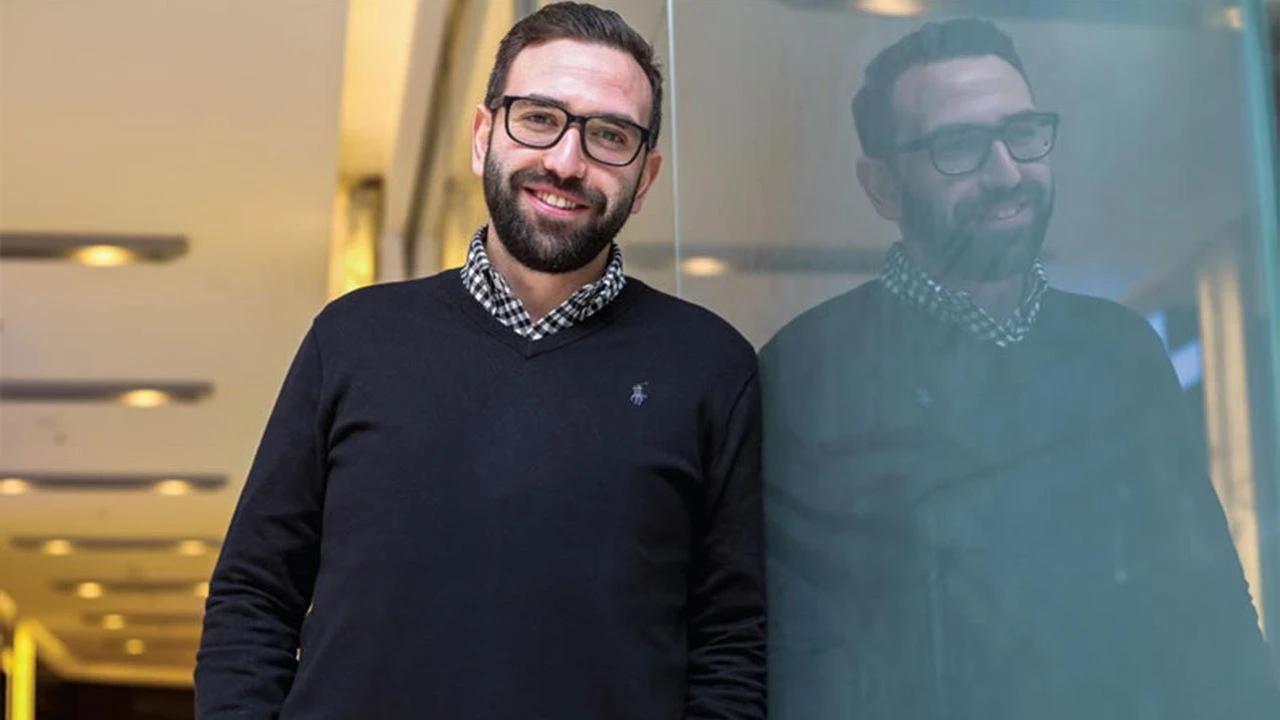
Dr. Furkan Burak, a Turkish physician at Harvard and one of America’s most acclaimed endocrinologists, spoke to Hürriyet about groundbreaking developments in obesity and diabetes treatment. Repeatedly listed among the "Doctors of the Year" in the U.S., Dr. Burak emphasizes that obesity is not a personal failure but a complex disease, and thanks to scientific advancements, its treatment is now possible.
Dr. Burak stressed that obesity must be recognized as a disease. “It is the result of disruptions in hundreds of mechanisms that regulate energy metabolism, and is characterized by inflammatory fat accumulation,” he explains. Contrary to public belief, it’s not about weak willpower. “Our brains are wired to resist weight loss far more than weight gain, often perceiving weight loss as a survival threat.”
According to Burak, the list of triggers is long and includes genetics, ultra-processed foods, endocrine-disrupting chemicals, psychiatric medications, hormonal disorders like hypothyroidism, chronic stress, insulin resistance, and sleep disturbances. Addressing obesity, he argues, requires personalized medical approaches alongside healthy eating and exercise, not judgment.
In 2023, Türkiye topped Europe’s obesity chart, with 66.8% of its adult population overweight, according to the World Health Organization. Childhood obesity exceeded 20%, a trend mirrored in the U.S. at nearly 70%.
“The real danger,” says Dr. Burak, “is that being overweight has become the new normal. But stigma prevents people from seeking help, leading to more severe diseases like fatty liver, which is now the leading reason for liver transplants.” He also warns that the isolation and psychological harm caused by body shaming can shorten lifespans by five to 10 years.
While global awareness is growing, he notes that it’s still not enough. He believes Türkiye, with its robust academic community, could lead the regional fight against obesity.
Dr. Burak’s latest research introduces a new condition to medical literature: Fatty Lung Disease. “As fat accumulates beyond what adipose tissue can safely store, it starts invading organs—including the lungs,” he explains. Fat deposits in the lungs and around the rib cage lead to asthma-like symptoms, shallow breathing, and greater vulnerability to infections.
“This is not just mechanical,” he adds. “The fatty tissue releases hormones that cross the blood-air barrier, disrupting respiratory function.” The damage mimics autoimmune responses, but without an actual invader. Current methods cannot address this newly identified condition, which highlights the urgent need for targeted treatments.
The fight against obesity is experiencing what Dr. Burak calls a “biological revolution.” Scientists have unlocked the molecular biology of metabolism, learning how the brain controls appetite, energy use, and fat storage.
“Now we can repair what’s broken,” he says. By restoring molecular balance—compensating for deficits and correcting excesses—new treatments can safely and effectively reverse obesity and its complications, including diabetes and heart disease.
“These innovations not only restore lost years,” Burak says, “but also hold the secrets to long and healthy lives.”
As a physician who has dedicated his life to combating diabetes and obesity, Dr. Burak offers three essential tips:
One of the most exciting discoveries in Dr. Burak’s research is the use of palmitoleic acid, a healthy fat found in fish like anchovies, full-fat dairy, and macadamia nuts. This compound acts like a metabolic fire extinguisher.
First discovered 17 years ago in the lab of Professor Gokhan Hotamisligil, this acid warns other organs not to store excess energy as fat. Currently undergoing human clinical trials, palmitoleic acid shows promise in reducing liver fat and could soon become a safe, effective treatment for obesity.